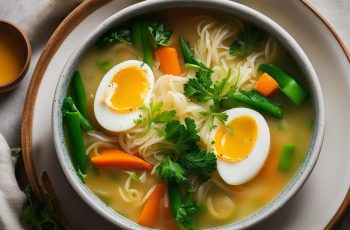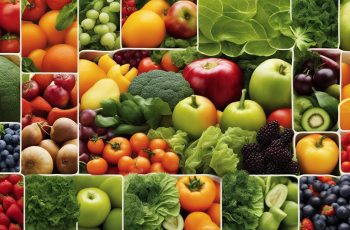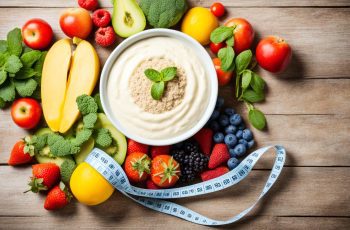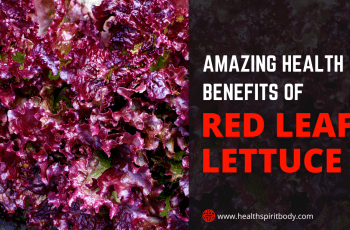I am excited to share with you the importance of maintaining a healthy pancreas through a nourishing diet. Your pancreas has a crucial role in regulating sugar metabolism and aiding in digestion, so taking care of it is essential for your overall well-being.
In this article, I will provide you with valuable information about foods that can support your pancreas and promote its optimal function. By incorporating these foods into your diet, you can help protect and heal your pancreas, as well as prevent potential complications.
Foods That are Good for Your Pancreas
- Choosing a nutrient-rich diet is crucial for supporting pancreatic health.
- Incorporate fruits, vegetables, and whole grains to provide essential vitamins and fiber.
- Include lean protein sources like poultry, fish, and legumes for pancreatic well-being.
- Avoid high-fat foods, sugary snacks, and excessive alcohol consumption to prevent pancreas inflammation.
- Consult a healthcare professional or dietitian for personalized guidance and monitoring.
What to Eat if You Have Pancreatitis
During an episode of acute pancreatitis, it is necessary to avoid all food and drink. Your doctor may recommend a special liquid diet or enteral feeding to provide necessary nutrients. After recovery, it is recommended to consume foods that improve pancreas function and promote pancreatic well-being.
To support your pancreas health, include starchy foods like rice, pasta, and bread in your diet. Pair these with lean meats, beans and lentils, low-fat dairy, and a variety of fruits and vegetables. Cooking at home allows for better control over the ingredients, while choosing low-fat options when eating out can also be beneficial.
In addition, if you have nutrient deficiencies, your healthcare provider may advise specific high-calorie foods or supplements to help meet your nutritional needs.
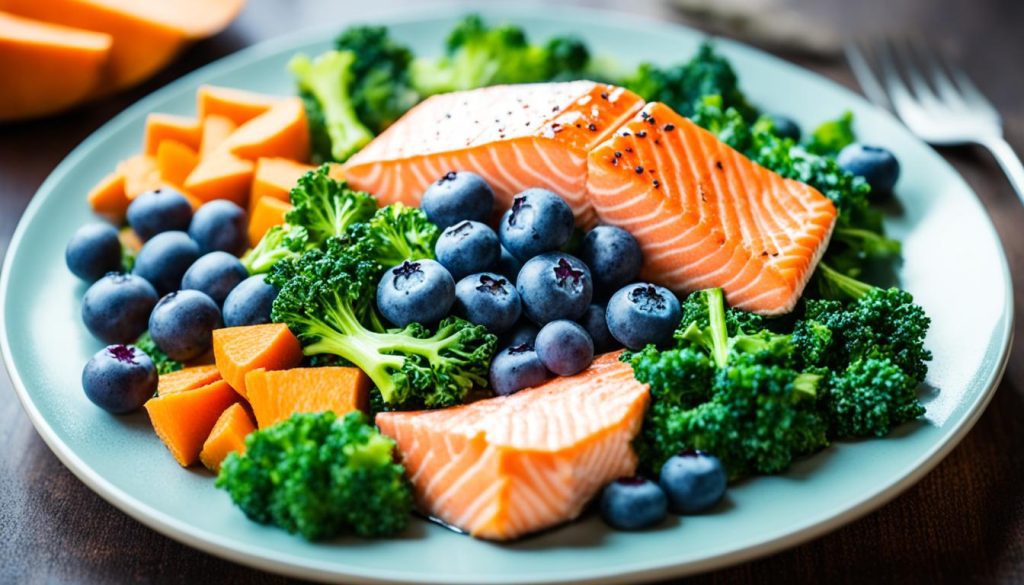
By incorporating these best foods for pancreas health into your diet, you can promote your pancreatic well-being and support its proper function. Remember to consult with your doctor or a registered dietitian for personalized guidance and monitoring.
What Not to Eat if You Have Pancreatitis
After recovering from acute pancreatitis, it is crucial to maintain a pancreas-healthy diet plan to support your pancreatic health. Certain foods can reduce pancreatic inflammation and improve symptoms. It is important to avoid high-fat foods that can trigger pancreas inflammation, such as red meat, organ meats, fried foods, potato chips, and full-fat dairy products.
Alcohol consumption should be completely avoided as it can worsen pancreatitis and lead to further complications. Additionally, smoking is strongly discouraged due to its association with pancreatic issues.
To reduce the risk of pancreas inflammation and support your pancreas function, it is recommended to follow a pancreas-friendly diet plan. This includes incorporating foods that are known to be pancreas-healthy, such as:
- Fruits: Opt for fresh fruits like apples, pears, berries, and citrus fruits.
- Vegetables: Include a variety of colorful vegetables like spinach, kale, broccoli, bell peppers, and sweet potatoes.
- Whole Grains: Choose whole-grain options like brown rice, quinoa, whole wheat bread, and oatmeal.
- Lean Protein: Opt for lean sources of protein like skinless chicken, turkey, fish, legumes, and tofu.
- Low-Fat Dairy: Select low-fat or non-fat dairy products like skim milk, low-fat yogurt, and reduced-fat cheese.
- Healthy Fats: Incorporate healthy fats from sources like avocados, olive oil, nuts, and seeds in moderation.
Following a pancreas-friendly diet plan and avoiding foods that may aggravate your pancreas can help reduce inflammation and promote overall pancreatic health.
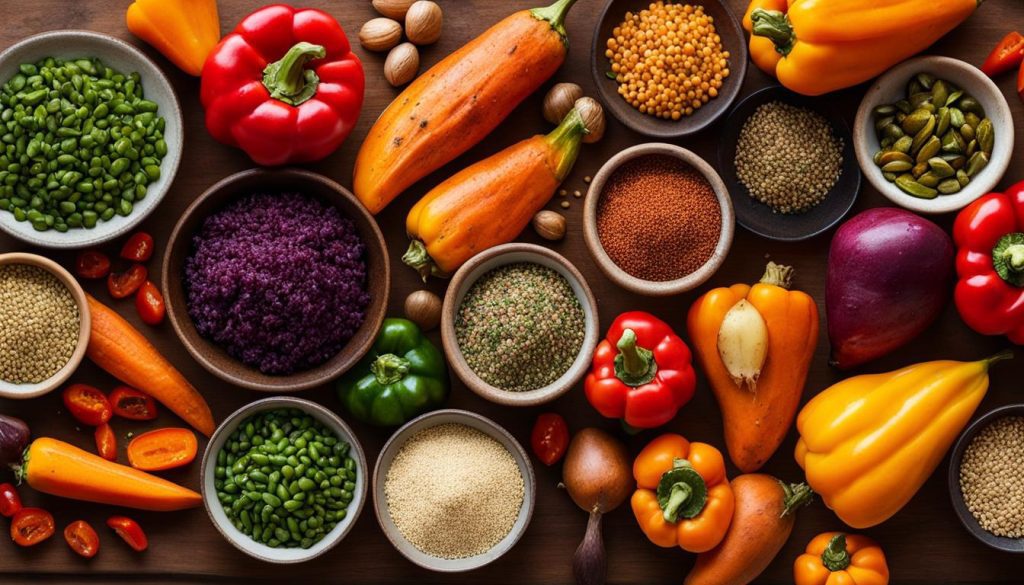
Pancreatitis Recovery Diet
In the recovery phase of pancreatitis, it is crucial to take proactive steps to support pancreatic health and facilitate healing. Adhering to a proper diet is paramount during this period. Here are some dietary guidelines and food choices that can aid in your pancreas’ recovery and overall well-being:
1. Abstain from Alcohol and Quit Smoking
First and foremost, it is essential to abstain from alcohol completely. Alcohol can exacerbate pancreatitis and hinder the healing process. Quitting smoking is equally important since smoking has been linked to complications related to the pancreas.
2. Choose a Low-Fat Diet
Opting for a low-fat diet is crucial to support your pancreas during the recovery phase. Consuming foods low in fat can help reduce the strain on the pancreas and aid in its healing. Include plenty of fruits, vegetables, lean proteins, and low-fat dairy in your meals. Avoid fatty meats, fried foods, and high-fat dairy products.
3. Incorporate Soft, Starchy Carbohydrates
Soft, starchy carbohydrates are gentle on the pancreas and can provide the necessary energy during recovery. Include foods such as rice, pasta, bread, and oatmeal in your diet. These foods are easy to digest and can form the foundation of your meals while ensuring adequate nutrition.
4. Include Lean Proteins
Lean proteins are essential for muscle repair and overall healing. Incorporate sources of lean proteins, such as skinless poultry, fish, legumes, and tofu, into your meals. These options provide protein without adding excessive fat to your diet.
5. Stay Hydrated
Increasing your water intake is vital for pancreatic health and overall well-being. Drinking an adequate amount of water throughout the day helps prevent dehydration and aids in digestion. Aim to drink at least 8 cups (64 ounces) of water daily or as advised by your healthcare provider.
Incorporating these dietary changes into your routine can go a long way in supporting pancreas function and promoting your overall health. However, it is crucial to consult with a dietitian who can create a personalized meal plan tailored to your specific nutritional needs for long-term pancreas health.
Conclusion
Maintaining a pancreas-healthy diet is crucial for promoting overall well-being. By incorporating a variety of beneficial foods into your daily meals, you can support the health and function of your pancreas.
A plant-based diet, rich in fruits, vegetables, whole grains, and lean proteins, provides essential nutrients that contribute to pancreatic health. These foods are packed with antioxidants, vitamins, and minerals that help protect the pancreas from oxidative stress and inflammation.
In addition to including nutritious foods, it is important to avoid high-fat and sugary foods, as well as alcohol. These substances can have a detrimental effect on the pancreas and increase the risk of pancreatic diseases. Making smart food choices and adopting a healthy lifestyle can go a long way in preventing complications and maintaining a healthy pancreas.
Regular consultation with a healthcare professional or registered dietitian is recommended to receive personalized guidance and monitoring. They can help you create an individualized meal plan that supports your pancreas health and addresses any specific nutritional needs. By prioritizing your pancreas health, you can optimize your overall well-being and lead a healthier life.
FAQ
What are some foods that are good for your pancreas?
Foods that are good for your pancreas include fruits, vegetables, whole grains, lean protein, and low-fat dairy. These nutrient-rich foods can promote pancreatic health and support its proper function.
What should I eat if I have pancreatitis?
If you have pancreatitis, it is recommended to consume starchy foods like rice, pasta, and bread, paired with lean meats, beans and lentils, low-fat dairy, and fruits and vegetables. It is important to follow a nutrient-rich diet to improve pancreas function and promote overall well-being.
What foods should I avoid if I have pancreatitis?
To reduce pancreatic inflammation and improve symptoms, it is important to avoid high-fat foods such as red meat, organ meats, fried foods, potato chips, and full-fat dairy. Alcohol consumption should be completely avoided, and smoking is strongly discouraged due to its association with pancreatic complications.
What should I eat during the recovery phase of pancreatitis?
During the recovery phase of pancreatitis, it is crucial to consume a low-fat diet that is gentle on the pancreas. Eating small, frequent meals throughout the day and incorporating soft, starchy carbohydrates and lean protein is beneficial. Staying hydrated by increasing water intake is also important.
How can I promote pancreas health?
To promote pancreas health, it is important to maintain a nutrient-rich diet that includes a variety of fruits, vegetables, whole grains, lean protein, and low-fat dairy. Avoiding high-fat, sugary foods and alcohol is essential. Making lifestyle changes such as quitting smoking and staying hydrated can also support a healthy pancreas.

